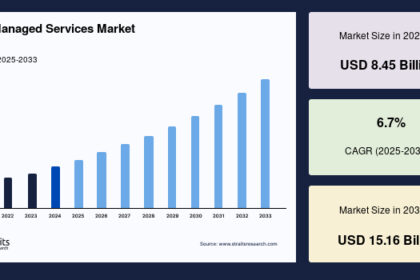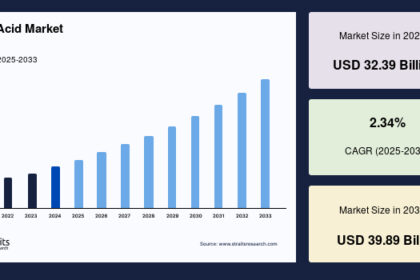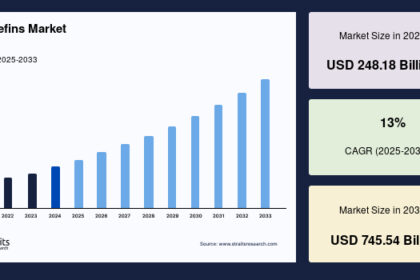In the rapidly evolving healthcare ecosystem, one of the biggest challenges faced by providers, payers, and billing teams is managing claims efficiently. The process — from submitting a claim to receiving reimbursement — involves multiple steps, numerous stakeholders, and stringent compliance requirements. Errors, delays, or rejections at any stage can severely impact the organization’s cash flow. This is where claims processing software in Healthcare plays a pivotal role, transforming what was once a tedious and manual process into a streamlined, automated, and data-driven workflow.
What is Claims Processing Software in Healthcare?
Claims processing software is a digital solution that automates and manages the entire lifecycle of healthcare claims — from creation and submission to tracking, adjudication, and payment. It integrates with hospital management systems, electronic health records (EHRs), and billing systems to ensure data accuracy and regulatory compliance.
This software eliminates repetitive manual tasks, reduces paperwork, and ensures that claims are coded, verified, and submitted correctly the first time. As a result, healthcare organizations experience fewer claim denials, faster reimbursements, and more efficient operations.
Why Claims Processing Software is Crucial for Healthcare Organizations
1. Minimizing Human Errors
Manual claims processing is highly prone to errors — from incorrect patient data to inaccurate coding. Even a small mistake can result in claim rejections or audits. Claims processing software automates data entry, validates information against payer rules, and ensures ICD-10 and CPT codes are correctly applied. This dramatically reduces the risk of costly errors.
2. Enhancing Speed and Efficiency
In traditional workflows, claims might take days or even weeks to process. Automation tools streamline every step — verifying patient eligibility, coding procedures, and submitting claims electronically. With built-in workflows and rule-based engines, claims processing software accelerates turnaround times, leading to quicker payments.
3. Reducing Claim Denials and Rejections
Claim denials are among the biggest revenue drains in healthcare. Automated claim scrubbing tools identify errors and missing information before submission, preventing denials due to incorrect data, coding mismatches, or incomplete documentation. Advanced systems even learn from past denials to prevent recurring issues.
4. Ensuring Regulatory Compliance
Healthcare claims must adhere to regulations such as HIPAA, CMS guidelines, and payer-specific rules. Claims processing software ensures all data handling and transmissions comply with these standards, protecting sensitive patient information and reducing compliance risks.
5. Improving Revenue Cycle Management (RCM)
Efficient claims management is directly tied to a healthy revenue cycle. By automating claims processing, organizations can shorten the time between service delivery and payment, improve cash flow, and gain better visibility into revenue trends. Many solutions offer dashboards and analytics that help track KPIs like denial rates, claim aging, and reimbursement times.
6. Enabling Data-Driven Decisions
Claims processing software provides real-time analytics and reporting tools that help administrators make informed decisions. From identifying recurring claim denials to tracking payer performance, data insights enable continuous improvement in billing and operational efficiency.
Key Features of Modern Claims Processing Software
A robust claims processing software in healthcare typically includes:
- Automated Claims Submission: Simplifies the process of filing electronic claims to multiple payers.
- Claim Scrubbing and Validation: Checks claims against payer rules and coding standards before submission.
- Real-Time Eligibility Verification: Confirms patient insurance coverage and benefits instantly.
- Claim Tracking: Monitors claims throughout their lifecycle, from submission to adjudication.
- Denial Management Tools: Identifies and categorizes denials to streamline appeals and reduce recurrence.
- Integration with EHR and Billing Systems: Ensures seamless data exchange for accuracy and consistency.
- Analytics and Reporting: Provides performance dashboards and financial insights for decision-making.
The Role of AI and Automation in Claims Processing
Modern claims processing solutions increasingly leverage artificial intelligence (AI) and machine learning (ML) to enhance efficiency. AI-powered systems can detect patterns in claim denials, predict potential errors, and automatically correct them before submission. Machine learning algorithms can continuously improve claim accuracy and speed based on historical data.
Robotic Process Automation (RPA) further boosts efficiency by handling repetitive tasks like data entry, eligibility checks, and follow-ups. Together, AI and RPA are redefining how healthcare organizations manage claims, freeing staff to focus on patient care instead of administrative work.
Benefits for Patients and Providers Alike
Automated claims processing doesn’t just benefit healthcare providers — it also enhances patient experience. With fewer billing errors, faster processing, and transparent communication about insurance coverage, patients face less confusion and fewer payment delays. Providers, in turn, can allocate more time to care delivery and less to paperwork.
Choosing the Right Claims Processing Software
When selecting a solution, healthcare organizations should evaluate:
- Integration compatibility with existing systems (EHR, PMS, RCM tools)
- Customization options based on practice size and specialty
- Security and compliance certifications
- Vendor support and scalability
- Reporting and analytics capabilities
The right software can future-proof operations, reduce administrative burdens, and boost profitability in an increasingly competitive healthcare landscape.
Final Thoughts
In today’s data-driven healthcare environment, claims processing software is no longer a luxury — it’s a necessity. By automating routine tasks, ensuring accuracy, and maintaining compliance, these solutions empower organizations to improve financial outcomes while enhancing patient satisfaction.
As the industry continues to embrace AI-driven innovation, healthcare providers that invest in advanced claims processing solutions will gain a decisive edge in efficiency and revenue growth.
Looking to streamline your claims and boost reimbursements? Explore intelligent, AI-powered solutions with Exdion Health.




